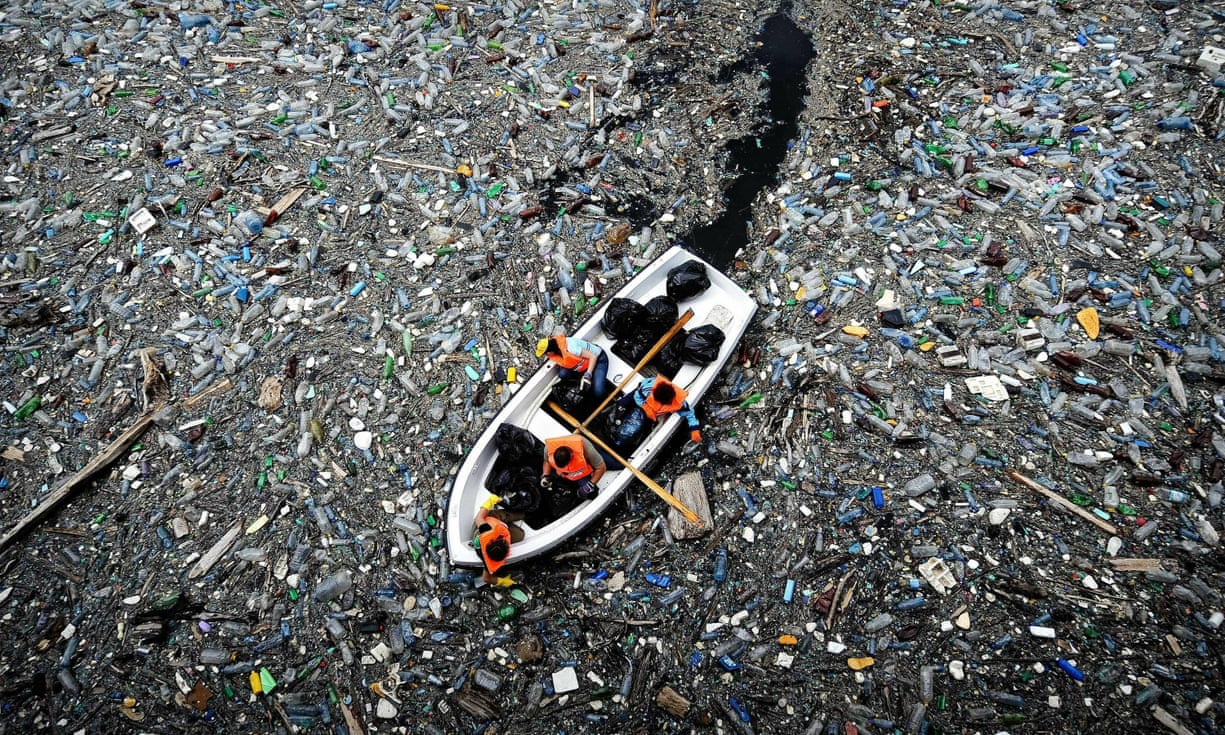While scholars from the humanities and arts fiercely debate the merits of the term “Anthropocene,” scientists from the International Geological Congress hope to make it their official name for our current epoch. A group of experts presented the recommendation to the full Congress in Cape Town today. Under the recommendation, the inception of the Anthropocene would be dated to around 1950, marking the end of the Holocene epoch, which consisted of twelve thousand years of stable climate since the last ice age. Here’s an excerpt from the Guardian’s report on the change:
The evidence of humanity’s impact on the planet is overwhelming, but the changes are very recent in geological terms, where an epoch usually spans tens of millions of years. “One criticism of the Anthropocene as geology is that it is very short,” said Zalasiewicz. “Our response is that many of the changes are irreversible.”
To define a new geological epoch, a signal must be found that occurs globally and will be incorporated into deposits in the future geological record. For example, the extinction of the dinosaurs 66m years ago at the end of the Cretaceous epoch is defined by a “golden spike” in sediments around the world of the metal iridium, which was dispersed from the meteorite that collided with Earth to end the dinosaur age.
For the Anthropocene, the best candidate for such a golden spike are radioactive elements from nuclear bomb tests, which were blown into the stratosphere before settling down to Earth. “The radionuclides are probably the sharpest – they really come on with a bang,” said Zalasiewicz. “But we are spoiled for choice. There are so many signals.”
Other spikes being considered as evidence of the onset of the Anthropocene include the tough, unburned carbon spheres emitted by power stations. “The Earth has been smoked, with signals very clearly around the world in the mid-20th century,” said Zalasiewicz.
Other candidates include plastic pollution, aluminium and concrete particles, and high levels of nitrogen and phosphate in soils, derived from artificial fertilisers. Although the world is currently seeing only the sixth mass extinction of species in the 700m-year history of complex life on Earth, this is unlikely to provide a useful golden spike as the animals are by definition very rare and rarely dispersed worldwide.
